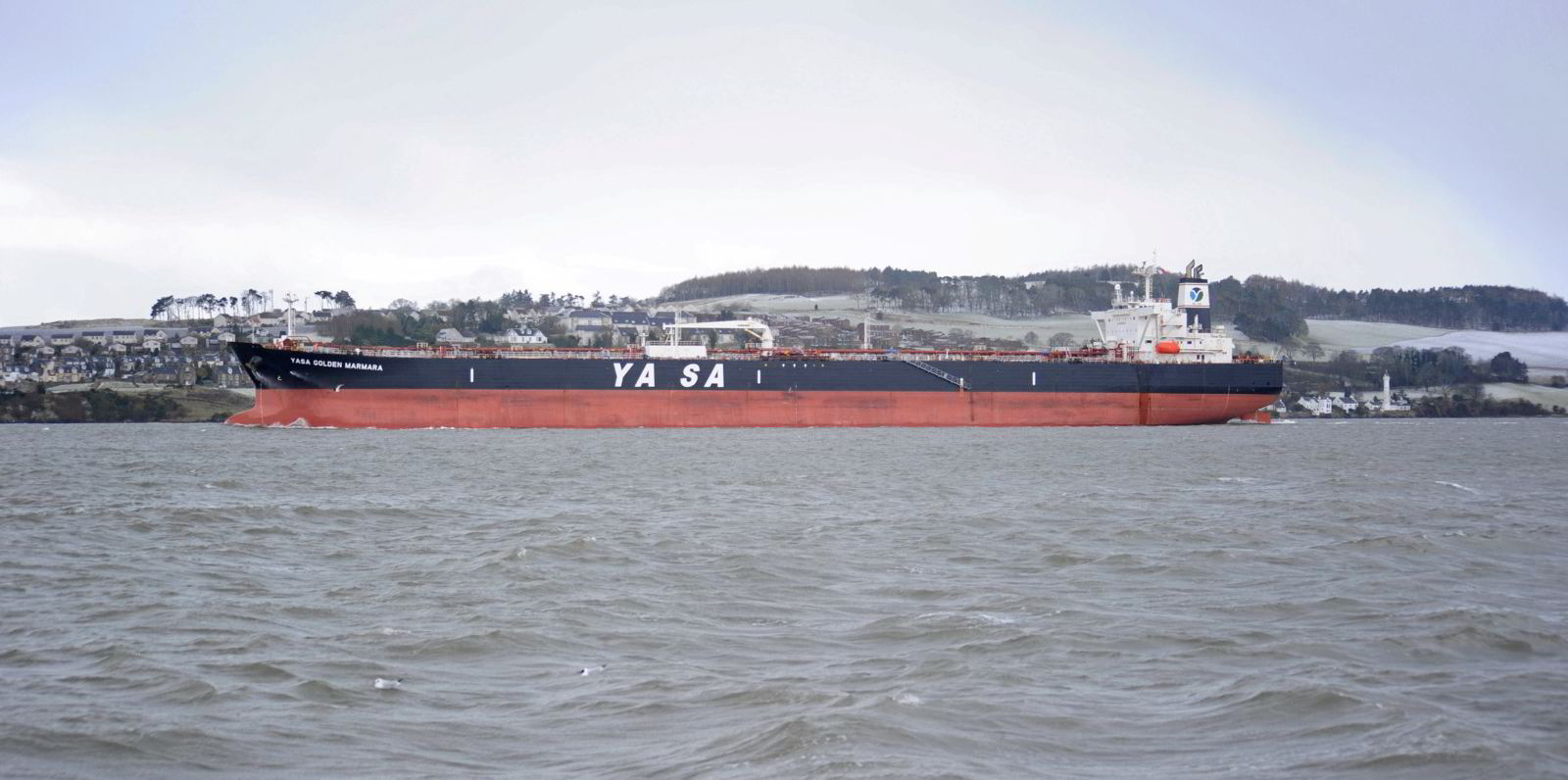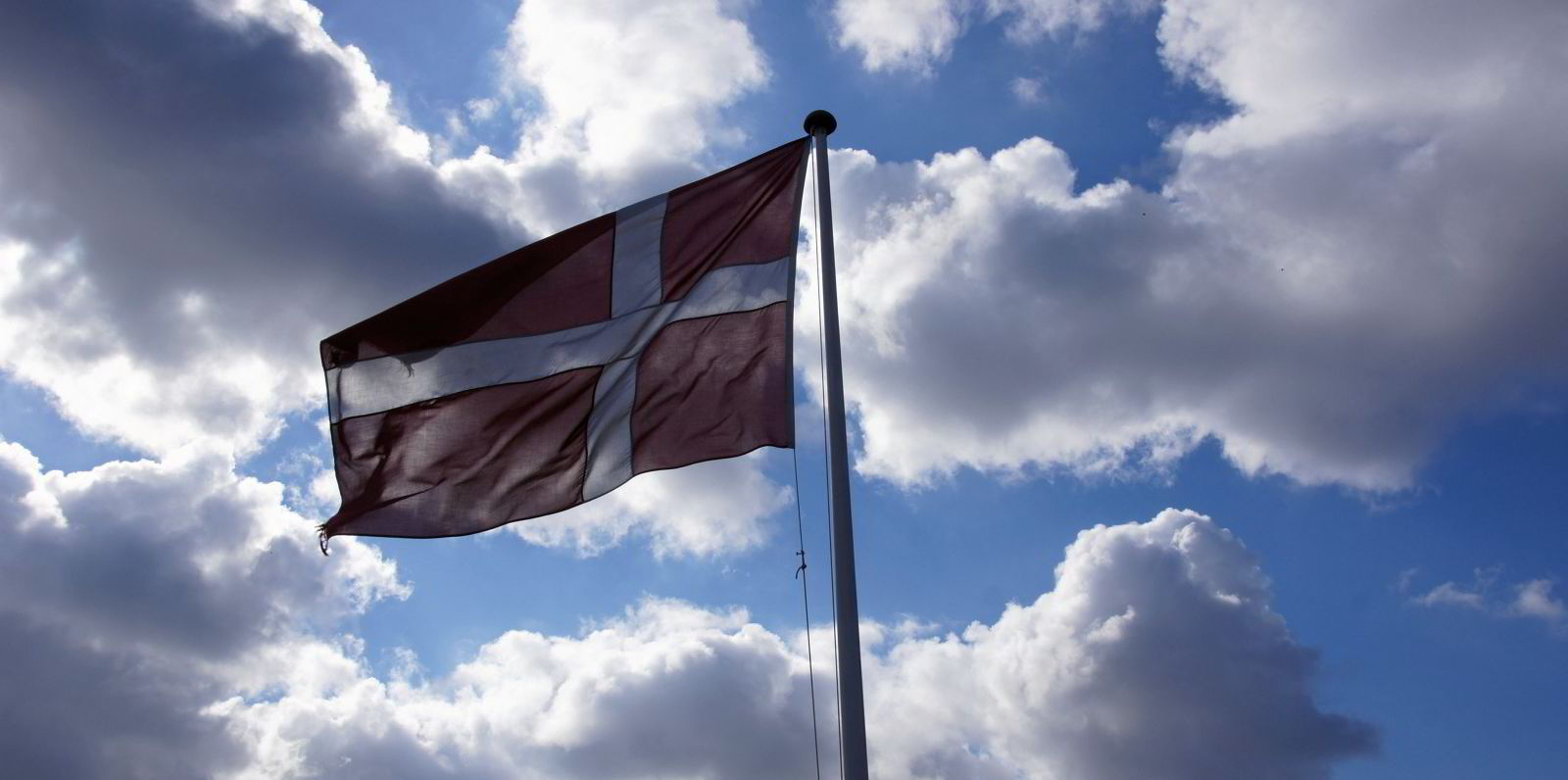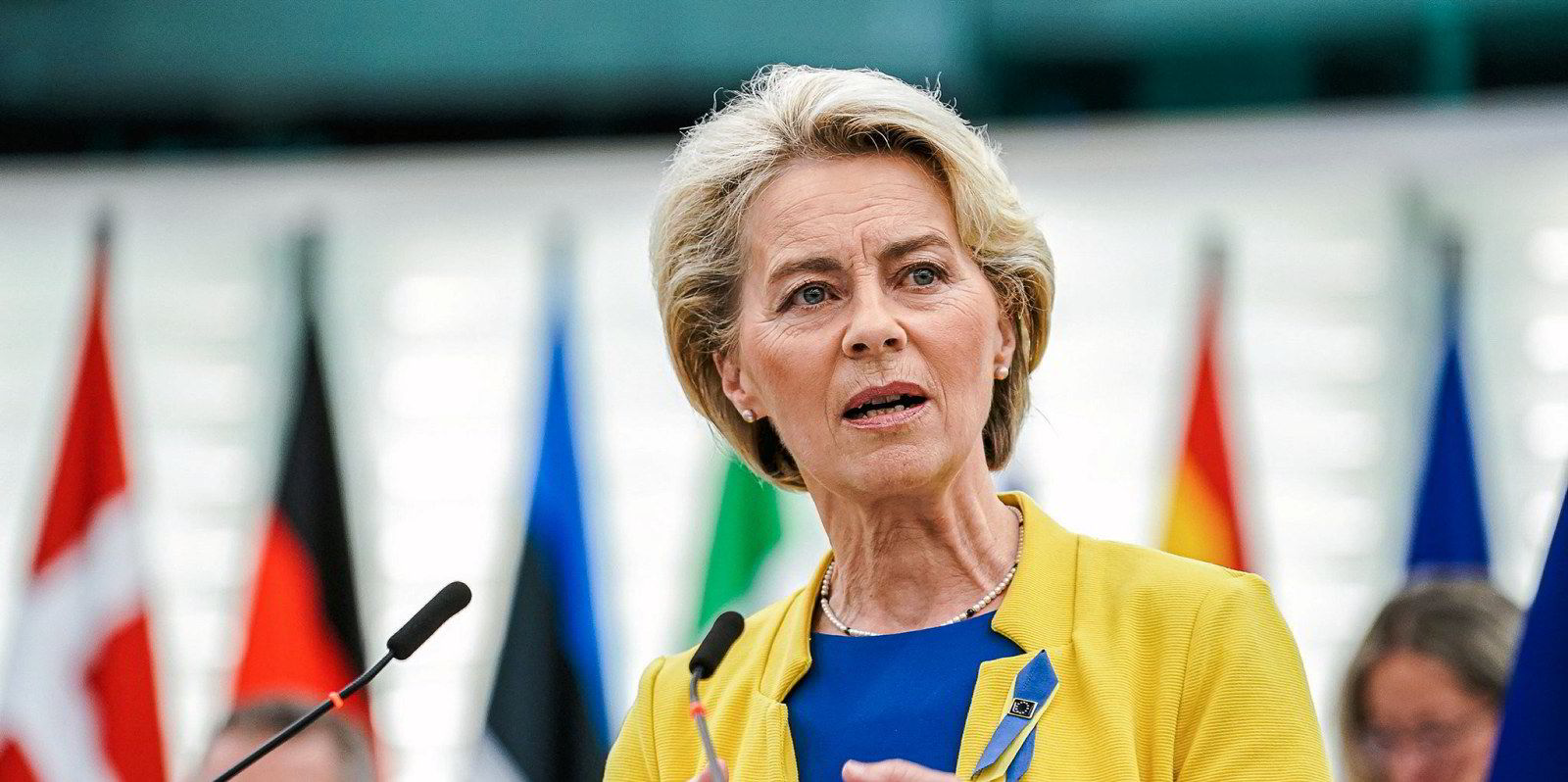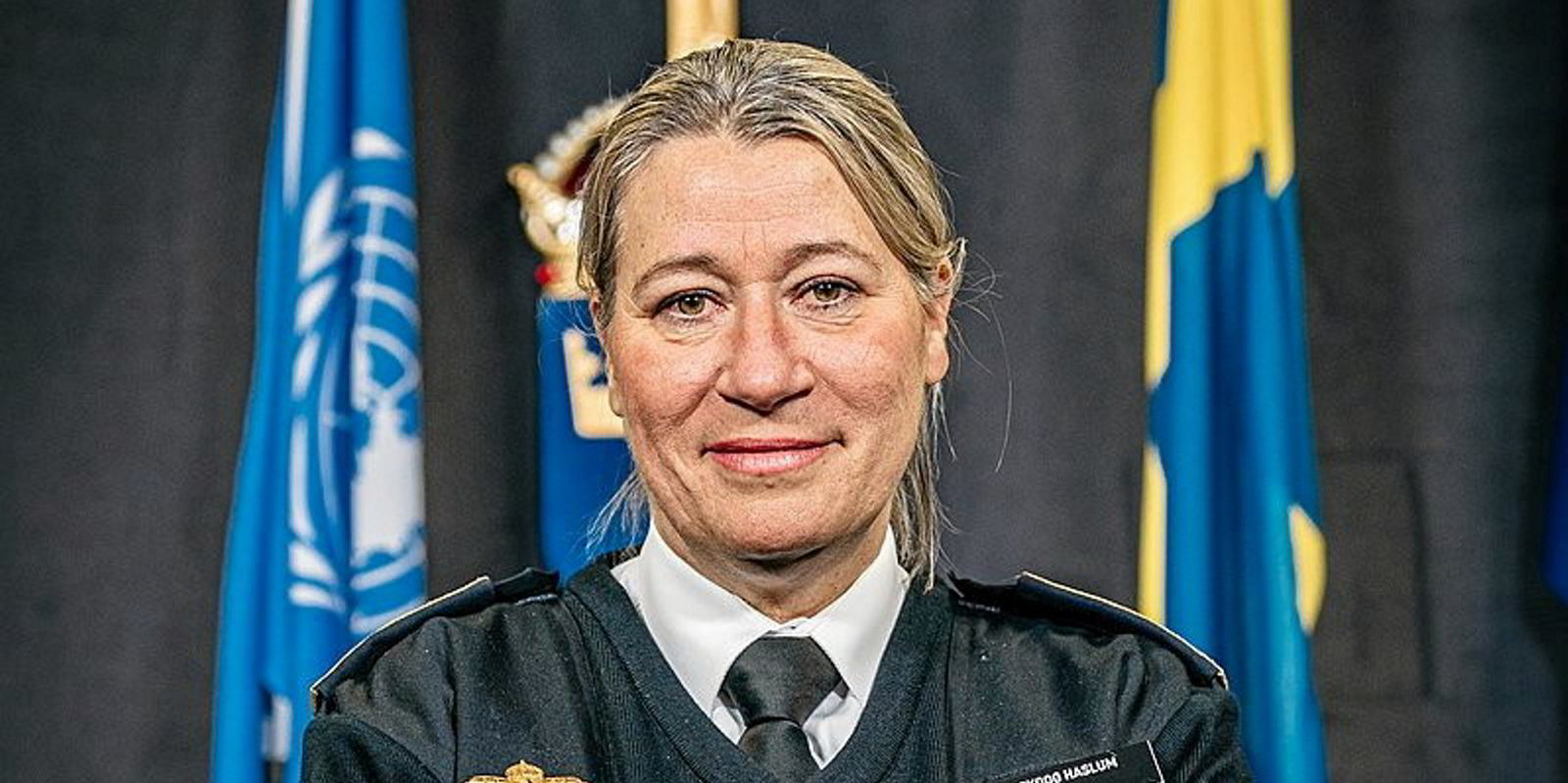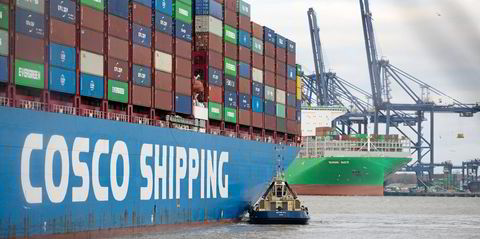The increasing burden of complying with the G7 oil price cap has triggered an exodus of about 800 tankers from the International Group of P&I Clubs.
The 12-strong group told British parliamentarians that the scheme — designed to limit the Kremlin’s revenues to fund its war in Ukraine — is flawed and is proving to be “increasingly unenforceable”.
The rapid growth of a shadow fleet hauling sanctioned oil is the direct consequence of a regime that imposes “severe restrictions and compliance obligations” on companies that play by the rules, it said.
Ships without any links to the G7 have the freedom to operate without running the risk of breaching Western sanctions.
The price cap therefore “appears increasingly unenforceable as more ships and associated services move into this parallel trade”, the International Group said.
“We estimate around 800 tankers have already left the International Group clubs as a direct result of the introduction of the oil price cap,” it said in a written submission to a parliamentary inquiry.
“This will in effect limit the enforcement and effectiveness of the oil price cap.”
The view of the International Group of how the price cap is working is in marked contrast to the official British government’s view.
A strategy of tighter enforcement would drive the “shadow fleet” back under the G7 umbrella, a senior official claimed in February.
“We need the price cap to remain workable and this is why we are keen to make sure these volumes are forced back into our jurisdictions,” Olga Dimitrescu, head of engagement for the oil price cap at the Office of Financial Sanctions Implementation, told a NorthStandard podcast.
The price cap, introduced in December 2022, allows insurers, shipping companies and financiers with links to the G7 group of nations to haul Russian crude if it is priced below $60 per barrel.
The scheme was extended to refined products in February 2023, with caps of $100 for premium products, such as diesel, and $45 for discounted products.
The scheme, driven by the US, is aimed at limiting Russian revenues while keeping global oil flowing.
It is supported by a system of attestation documents designed to prove that the oil is being sold below the cap price.
But critics say those papers are too easy to forge, prompting the G7 to announce a tightening of the scheme.
However, the International Group said the attestation system relies too much on the documents, and uncertainty surrounding attestation has contributed to ships moving away from G7 jurisdictions.
Flawed regime
“The attestation is a flawed regime which potentially exposes both the P&I club and a shipowner, operator, charterer to a breach of the oil price cap,” it added.
“These attestations may or may not provide accurate price information, thereby exposing shipowners and insurers to allegations that they have breached the rules governing the oil price cap and expose them to a risk of a sanction.
“There is some uncertainty as to what steps, in practical terms, a party is expected to complete to ascertain whether an attestation can be relied upon. This has resulted in a migration of trade activities outside the jurisdiction of the G7 and its coalition.”
The International Group said the sale and purchase of Russian oil above the cap has led to an expansion of a parallel market of traders, shipowners and insurers that operate outside of G7 jurisdictions.
“This growth in parallel activities now appears to account for the majority of Russian oil and oil products shipped to third countries, which undermines the policy objectives of the oil price cap regime.”
The group said Western nations had not focused enough on the traders that have access to the raw data of oil sales. Shipping and insurance interests rely on the declarations of traders.
A crackdown on oil trades above the price cap has led to increasing responsibilities on tanker companies operating within G7 rules to prove that the cargoes they are hauling are price-capped.
Those pressures will lead to a “further migration of trade activities and ancillary services” outside of the G7, according to the International Group.
It said that UK officials are now asking for information on “future voyages” of ships insured by clubs, which it is not able to provide.

“The consequence of further restrictive enforcement measures may result in a further migration into the parallel trade,” it said.
Sanctions enforcement is the responsibility of the regulator, it added: “International Group clubs should not be expected to be an extended arm of enforcement, as the P&I clubs do not have statutory or constabulary powers.”
The UK has sanctioned a number of shipping companies, including Dubai-based Fractal Marine DMCC and Turkey’s Beks Ship Management. Both have said they will challenge the rulings, saying they have secured attestation documents that show they have not breached the price cap.
The International Group’s submission was published by the all-party parliamentary treasury committee following a call for evidence about whether the UK’s financial sanctions against Russia are working.
As well as looking at the price cap, it will assess whether sanctions need to be extended across the oil and gas sector. Evidence hearings begin this week.
Read more
- Inside the ‘gold rush’ of Russian oil shipments where one voyage can cover a year’s income
- Opec output to help VLCCs leapfrog smaller tankers and restore natural order
- John Wobensmith reflects on ‘fight letters’ with George Economou and fending off Houthi attacks in the Red Sea
- Russian state shipowner Sovcomflot reveals huge profit as Western sanctions fuel rates
- Shipping warned of fresh drone threats following suspected Israeli retaliation against Iran

